New Born Baby Care Week
If you are first time become parent and don't know much about baby care, learn about the New Born Baby Care Week through this post.
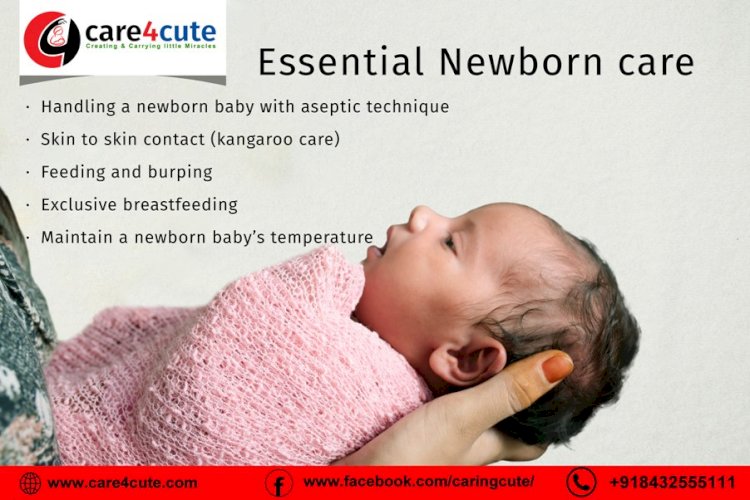
Becoming a parent is the biggest and most beautiful change in any couple’s life and also a huge responsibility. The first year of a newborn baby is very challenging for any parent to know about baby and falling into a new rhythm of lifestyle things.
New born baby care week is celebrated from 15th November to 21st November. The aim for celebrating this week is to raise awareness about the importance of the newborn care for child survival and development.
The first month of life is known as foundation period of every newborn baby. The Neonatal period or first one month is the most crucial period for child survival. In this period, baby has highest risk of deaths and other complications, amounting as an average global rate of 18 deaths per 1000 live births in 2018. Globally 2.5 million children dies in the first months of life. Approximately 7000 neonatal deaths occur every day. According to a study, many newborn lives can be saved by the use of simple intervention. These simple interventions includes immediate thorough drying after delivery, skin to skin contact (kangaroo mother care) and exclusive breastfeeding.
Causes of newborn death:
- Infections (sepsis and pneumonia)
- Pre-term
- Birth asphyxia
- Maternal infections
- Home delivery (without any health supervisor)
- Social stigma
- Congenital malformations
Newborn care: After birth newborns require essential care to decrease the risk of illness and increase their growth and development. Special care should be provided for sick newborns, those who are preterm/low birth weight. Warmth, normal breathing, breastfeeding and prevention of infections are the basic needs of a baby. This is dependent upon mother and caretakers.
- Immediate and through drying
- Handling a newborn baby with aseptic technique
- Skin to skin contact (kangaroo care)
- Bathing
- Swaddling
- Feeding and burping
- Exclusive breastfeeding
- Clear baby’s nasal passages
- Cleaning the umbilical cord
- Maintain a newborn baby’s temperature
- Tips for soothing the baby
- Caring for a healing circumcision
- Avoid to give honey
- Not letting the baby cry
- Newborns who do not start breathing in one minute after birth by own should receive positive pressure.
- After birth newborns should receive vitamin K, and recommended immunizations.
When and How To Obtain Urgent Care
- Difficulty in breathing or absence of breathing
- High grade temperature
- Bluish discoloration
- Excessive dullness
- Refusal to feed
- Abdominal distension
.









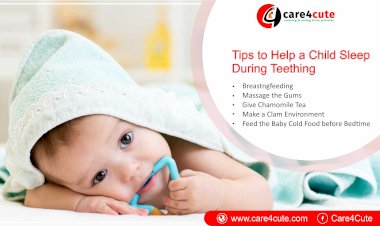
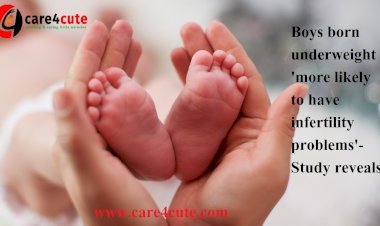















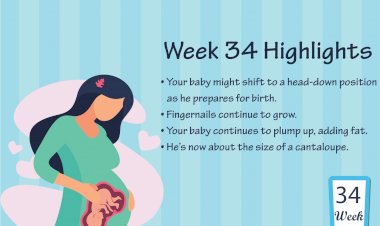



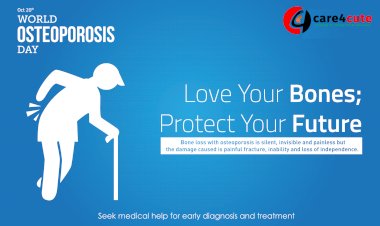

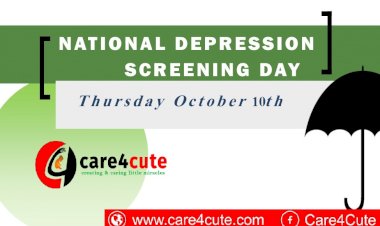
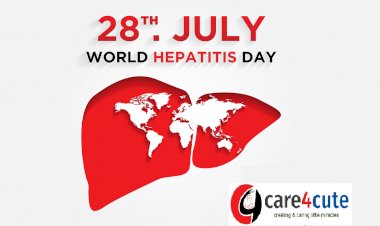

Comments (0)